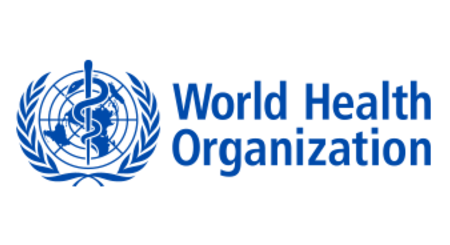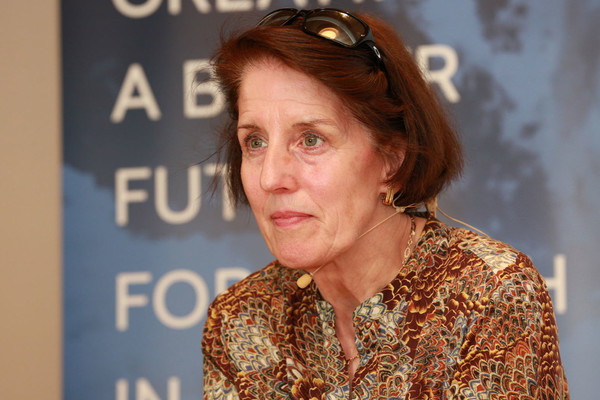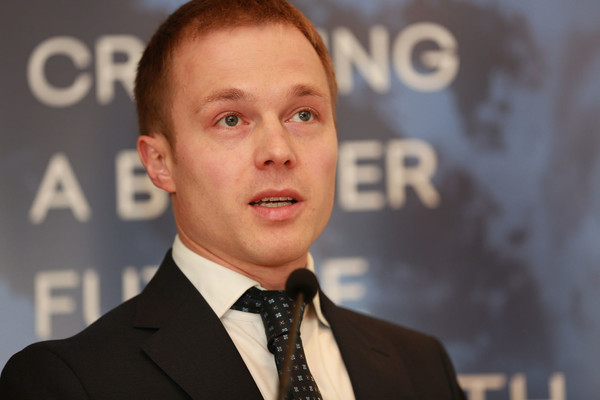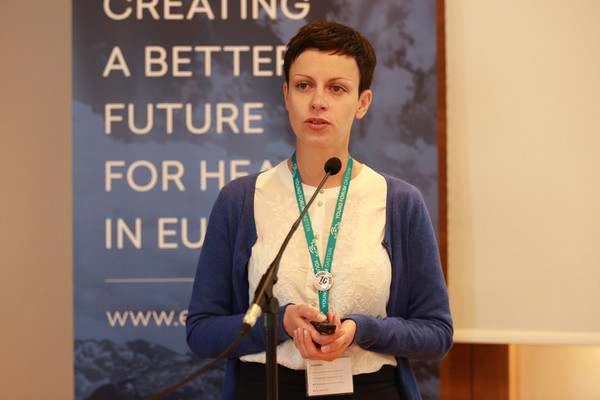W1 WORKSHOP
Urban environments and NCDs
Wednesday, 28.09.2016 | 09:00 - 11:00 | Room
Organised by World Health Organization
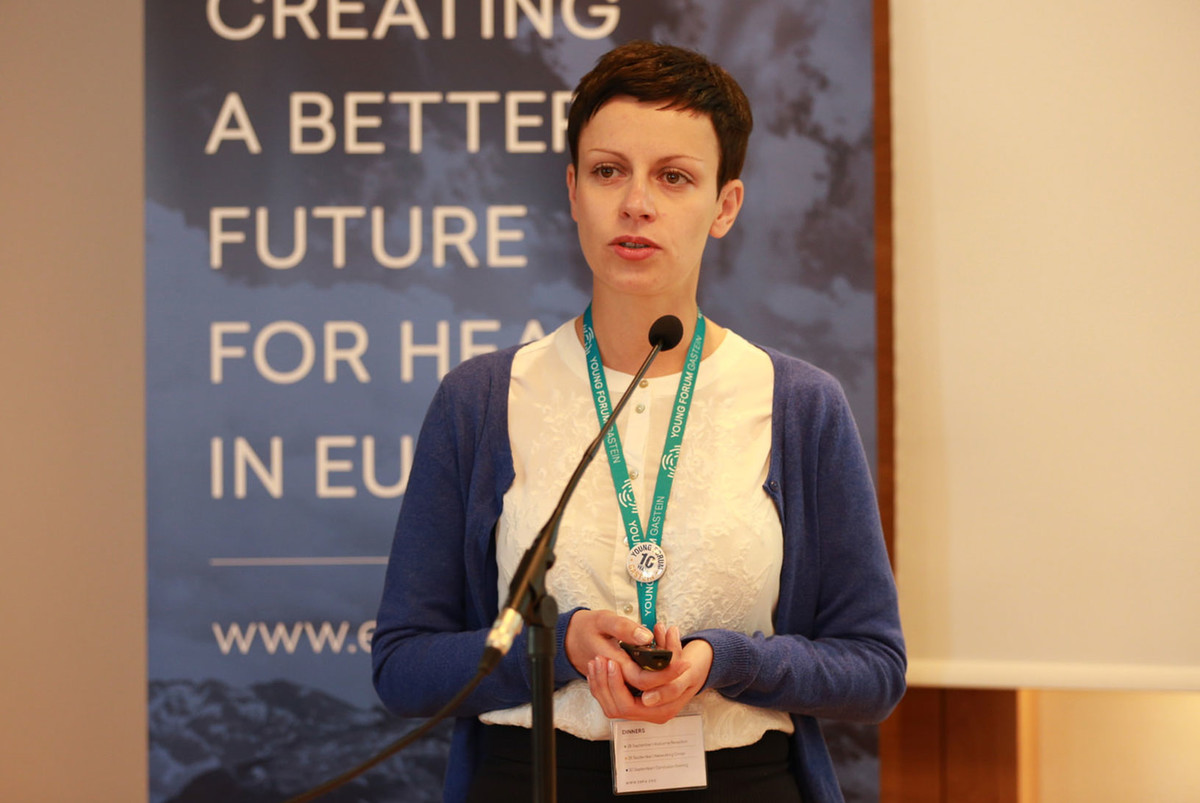
Engaging multiples stakeholders and sustainable environments to nurture a life free from NCDs
With cities as the entry point, the aim of this workshop is to explore future innovative solutions to the rising health costs and social burden of NCDs.
Given the growing population density and diversification of cities in Europe over the coming decades, and the growing burden of NCDs, which already account for 50% of the disease burden worldwide, health systems are under increased pressure. At the same time cities represent a unique access point for identifying multi-stakeholder solutions to the societal challenges presented by these diseases.
We intend to examine the following specific areas within the context of the city environment and the different roles of multiple actors in NCD responses:
- how to promote health literacy;
- how to reduce the impact of the marketing of unhealthy foods and non-alcoholic beverages to children;
- how to produce and promote more food products consistent with a healthy diet;
- how to promote and create an enabling environment for healthy behaviours among workers and
- how to reduce inequity in the prevention and control of NCDs.
We will also analyse examples of how cities can serve as the perfect microcosm for bringing together the local government, private sector, NGOs and academia for population-based NCD responses.
Welcome
Zsuzsanna Jakab, Regional Director, WHO Regional Office for Europe
Helmut Brand, President, International Forum Gastein
Presentations & discussion
Bente Mikkelsen, Head a.i. of the Secretariat, WHO Global Coordination Mechanism on the Prevention and Control of NCDs (WHO GCM/NCD)
Yvonne Doyle, Regional Director, Public Health England
Mariana Dyakova, Consultant in Public Health, Policy, Research and International Development, Public Health Wales
Karolina Mackiewicz, Development Manager, Baltic Region Healthy Cities Association, WHO Collaborating Centre for Healthy Cities and Urban Health in the Baltic Region
Pamela Rendi-Wagner, Director, Federal Ministry of Health and Women's Affairs, Austria
Alexey Kulikov, World Health Organization
Chair
Oleg Chestnov, Assistant Director-General, World Health Organization Non-communicable Diseases and Mental Health Program
